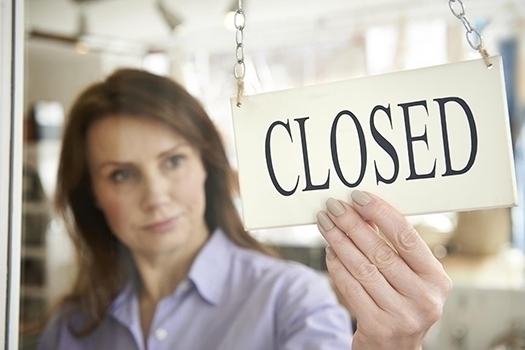GP partners across the UK are still having to consider measures such as discontinuing clinical services and handing back their contracts as they struggle with rising demand and staffing problems.
More than one in four of the 424 partners surveyed by Pulse said they have stopped offering certain clinical services, while around one in seven said they had considered closing their practice altogether – up from one in 11 the same time last year.
However, the survey also reveals some improvements in the last 12 months, with fewer GPs temporarily closing or trying to shrink their lists, and smaller numbers considering cutting staff hours or making redundancies (see charts, below.)
But GP leaders said it was worrying that large numbers of partners still had to consider drastic measures.
The workload is twice to three times more than it was
Dr Chandra Kanneganti
Dr Chandra Kanneganti, BMA GPC policy lead for NHS England investment, says that locally in Stoke-on-Trent, a huge number of GPs are looking to close their practice.
‘There are no GPs to recruit. The Government has failed with GP recruitment. I start at 8am and don’t go home till 8pm. The workload is twice to three times more than it was,’ he says.
More GPs have cut clinical services in the past year. One partner said their practice no longer offered freezing and minor operations because they were time-consuming and it was unclear how effective they were.
‘GPs were being used as a cheap alternative to a secondary care service,’ said the GP, who asked not to be named. ‘We focus instead on steroid injections for musculoskeletal problems.’
Dr Moira Langdale-Brown, a partner in Chelmsford, said her practice had stopped providing ear irrigation because it was not commissioned and ‘was taking up a significant number of nursing hours each week’.
Another partner, who asked not to be named, said their practice had stopped IUCD fittings: ‘The funding doesn’t cover the cost of the doctor and nurse time. Releasing capacity was needed.’
The cash envelope to look after patients is ridiculous. It’s like the feeding of the five thousand
Professor Clare Gerada
In addition, Pulse’s survey reveals one in five (21%) partners has cut routine appointments this year – the same proportion as last year.
Professor Clare Gerada, a GP partner in London and former chair of the RCGP, says the number of partners being forced to consider measures including handing their contact back is worrying.
‘The cash envelope to look after patients is ridiculous. It’s like the feeding of the five thousand – GPs are doing a remarkable job given the circumstances but they cannot create miracles.’
The survey findings also reveal the number of GPs considering temporarily closing their lists is decreasing, which reflects figures obtained by Pulse from NHS England in October that showed 106 GP practices closed lists to new patients in 2017/18 compared with 145 the previous year.
But Dr Kanneganti adds that NHS England – which authorises temporary list closures – has become more ‘strict’ in allowing temporary list closures.
Dr Olly O’Toole, a partner in Bedfordshire, confirms this, saying: ‘We are not allowed to close our list.’
However, fewer partners have, or are considering whether to, cut staff hours or make redundancies.
Dr Richard Vautrey, BMA GP committee chair, says partners are increasingly working with other practices to manage demand.
‘Partners still face many challenges.However, many are, through working with other practices or other initiatives, finding ways to manage demand that enable a greater sustainability.’
Pulse October survey
Take our July 2025 survey to potentially win £1.000 worth of tokens














